
China’s New Law Boosts Private Businesses in Historic Shift
China’s new Private Economy Promotion Law provides legal protections for private businesses, promoting fair competition and boosting resources for entrepreneurs.
News for people and friends

China’s new Private Economy Promotion Law provides legal protections for private businesses, promoting fair competition and boosting resources for entrepreneurs.

China cuts its loan prime rates for the first time since October, lowering borrowing costs to boost market confidence.
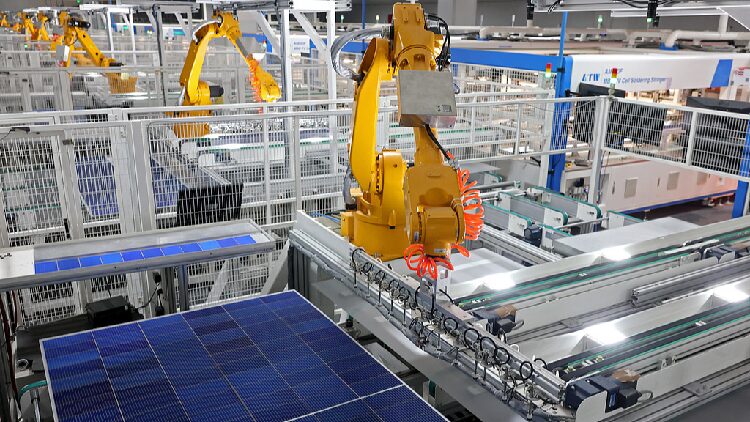
China has introduced its first law focused on boosting the private economy, aiming to eliminate barriers and propel private businesses into a new era of innovation and global competitiveness.
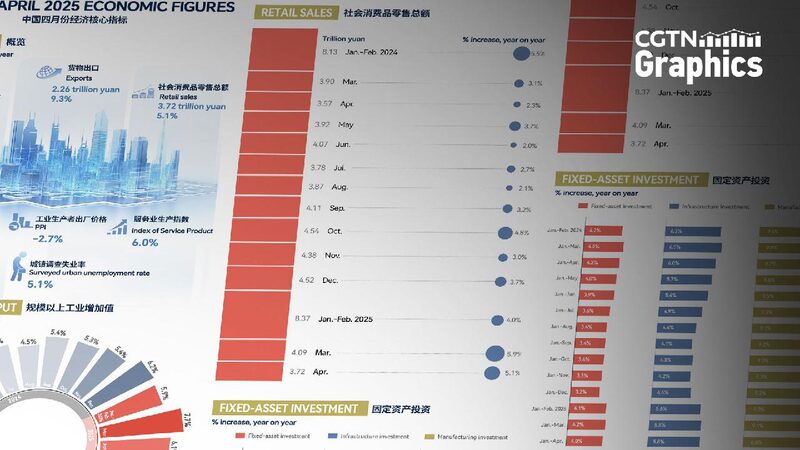
China’s economy maintained steady growth in April, sustaining momentum despite domestic and external pressures, according to the latest data from the National Bureau of Statistics.
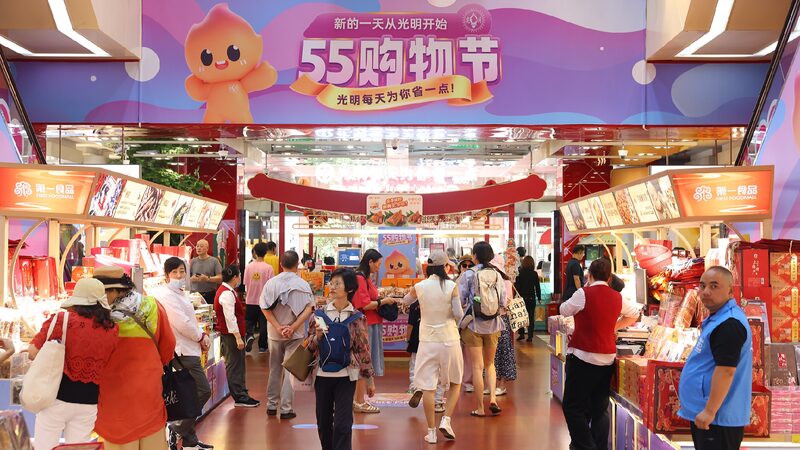
China’s economy is thriving due to strong policy support and rising domestic demand. Recent data shows steady growth in industry and consumer spending, highlighting the nation’s economic resilience.
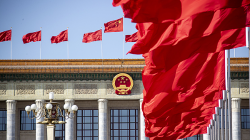
President Xi Jinping has called for high-quality, democratic, and law-based development in compiling China’s upcoming 15th Five-Year Plan, emphasizing its significance for the nation’s future.
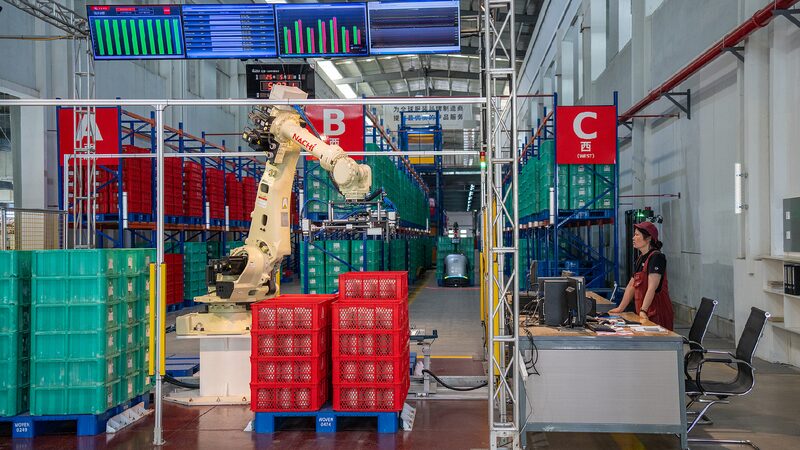
China’s economy showed steady growth in April, with industrial output rising 6.1% year on year, signaling resilience amid global challenges.
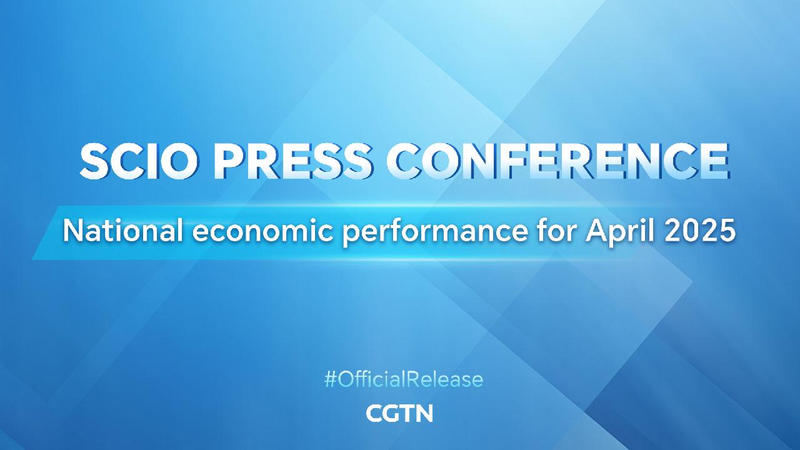
China’s State Council Information Office (SCIO) unveiled the national economic performance for April 2025, highlighting steady growth across key sectors.

At the 2025 Tsinghua PBCSF Global Finance Forum in Shenzhen, experts highlighted China’s steady economic recovery and plans to deepen financial reforms to bolster high-quality development.

Young gamers are boosting China’s economy by transforming esports events into cultural tourism hotspots, blending digital entertainment with urban exploration.